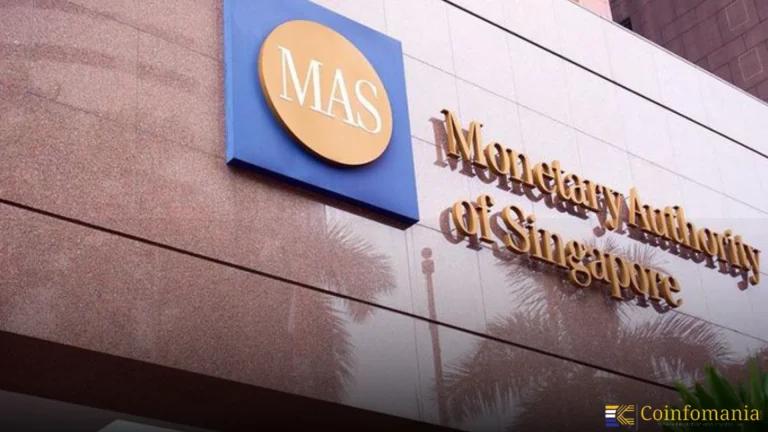Australia Targets Crypto ATMs After AUSTRAC Flags 85% Misuse
Australia is set to tighten regulations on cryptocurrency ATMs, following an AUSTRAC report linking 85% of transactions to financial crimes.

Quick Take
Summary is AI generated, newsroom reviewed.
AUSTRAC's report flagged 85% of large crypto ATM transactions for fraud or money laundering.
Home Affairs Minister Tony Burke called crypto ATMs "high-risk products."
Upcoming legislation will give AUSTRAC power to restrict or ban these machines.
The move reflects a growing global trend toward tighter crypto ATM regulation.
Australia is preparing to tighten its grip on cryptocurrency ATMs. After regulators flagged widespread misuse linked to fraud and money laundering. The move marks one of the strongest government responses yet to crypto enabled financial crimes.
AUSTRAC Findings Trigger Regulatory Action
Home Affairs Minister Tony Burke said new regulations will specifically target cryptocurrency ATMs. He is calling them “high-risk products.” His statement follows an alarming report from the Australian Transaction Reports and Analysis Centre (AUSTRAC). This revealed that 85% of large scale user transactions. Fraud or money launderers connected these ATMs to their activities.
The report has raised major concerns about how easily exploiters can exploit these machines. Over the past six years the number of crypto ATMs in Australia. It has exploded from just 23 to more than 2,000. This growth signals increasing adoption. Regulators argue, it also creates a loophole for criminals to move funds anonymously.
Burke said the upcoming bill would authorize AUSTRAC to restrict or even ban such high-risk financial products. “These devices have become a preferred tool for organized crime and online scammers,” Burke noted. He emphasized the government commitment to protecting consumers. While safeguarding the integrity of Australia’s financial system.
Balancing Innovation and Risk
The government is expected to introduce the new legislation to Parliament in the coming months. While Burke didn’t confirm whether the government is considering a total ban on crypto ATMs. He hinted that a more measured and balanced approach could be on the horizon. That could balance innovation with stronger oversight. Industry experts believe this could involve tighter Know Your Customer (KYC). Also, Anti-Money Laundering (AML) checks for ATM operators. Along with stricter transaction monitoring.
Some also suggest a licensing framework where operators must meet compliance standards similar to those of traditional financial institutions. Crypto advocates argue that ATMs play an important role in providing financial access to users without traditional banking options. But the latest findings suggest the technology’s risks may now outweigh its benefits unless the government introduces stricter guardrails.
A Growing Global Concern
Australia’s move mirrors a global shift toward regulating crypto-related financial infrastructure. Governments in the United States, Canada and the United Kingdom have also tightened controls over crypto ATMs following multiple cases of fraud and tax evasion. In the UK, several unregistered crypto ATMs were forcibly shut down earlier this year. After regulators warned they were being used for illicit transfers.
Similarly, the U.S. Financial Crimes Enforcement Network (FinCEN) has increased its scrutiny of digital asset kiosks. They are demanding stronger identity verification and reporting requirements. As one of the most crypto active nations in the Asia-Pacific region, analysts expect Australia’s regulatory stance to influence neighboring markets. Singapore and New Zealand are already reviewing their crypto ATM rules amid concerns over regulatory gaps.
What Comes Next
While AUSTRAC findings paint a worrying picture. The government seems careful not to hold back innovation entirely. Officials have stressed that legitimate crypto businesses continue to play a key role in Australia’s growing digital economy. Still, 85% of large transactions are linked to illicit activity. The future of crypto ATMs in Australia looks uncertain.
Burke’s upcoming bill could redefine how the nation handles crypto access points. It determines whether these machines survive as regulated tools or become relics of crypto early, riskier days. Australia’s decision is expected later this year. It will likely set the tone for how regulators worldwide manage the growing intersection of crypto, compliance and consumer safety.
References
Follow us on Google News
Get the latest crypto insights and updates.


